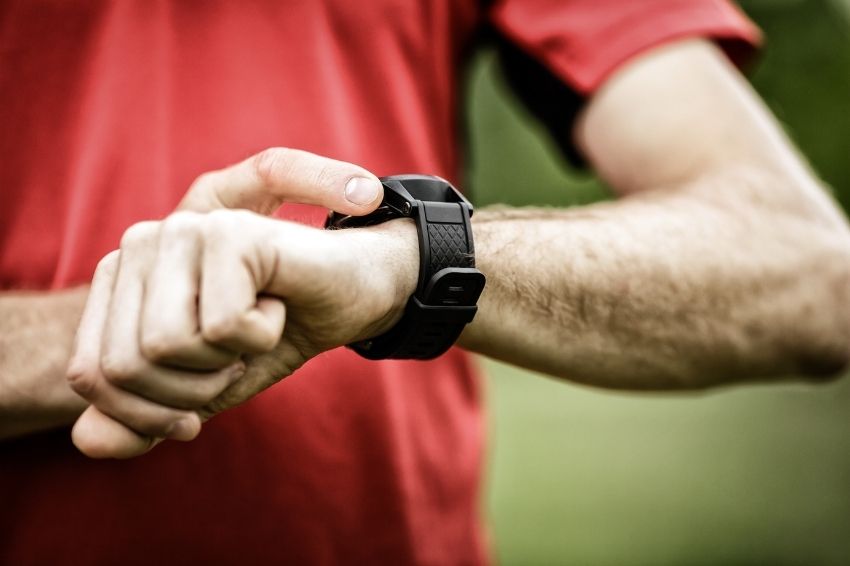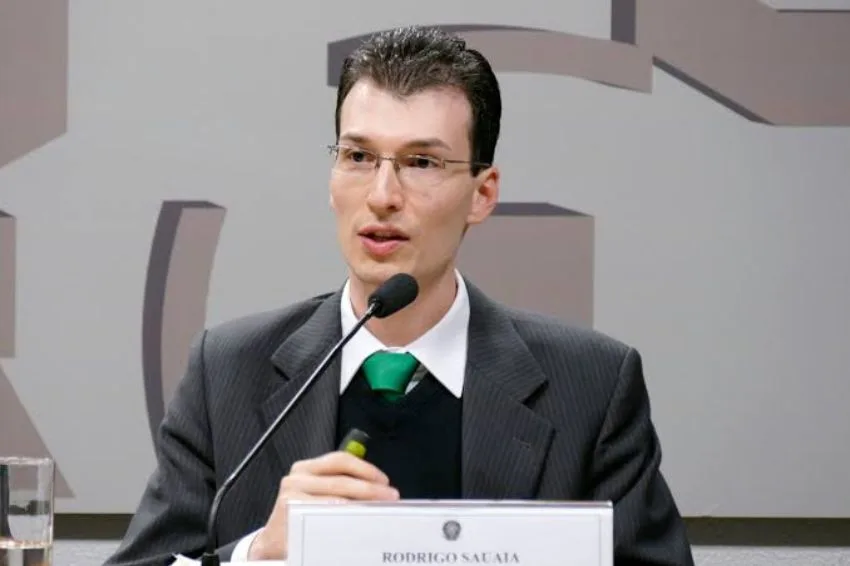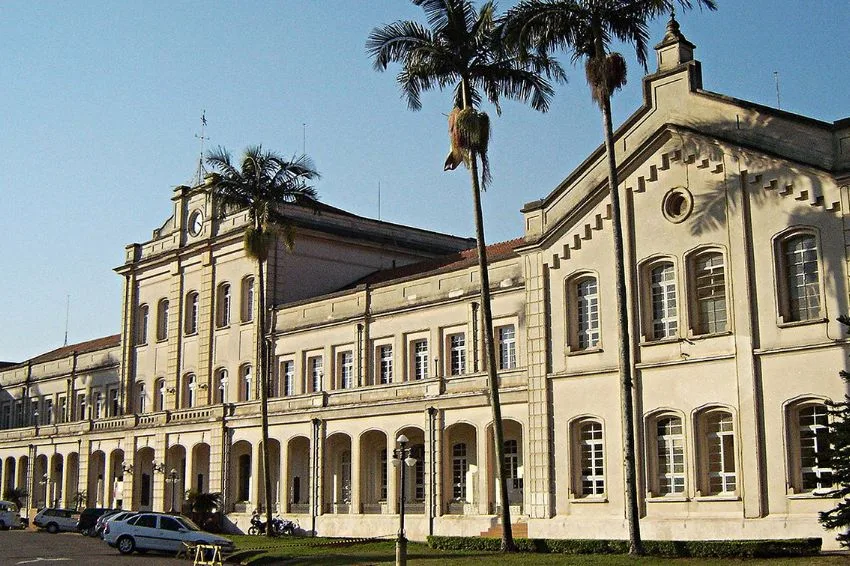O MME (Ministry of Mines and Energy) requested new studies from the ONS (National Electric System Operator) to assess the impact of daylight saving time on electricity consumption in Brazilian homes. The information was published by Jornal Folha de S. Paulo and confirmed by Solar Channel.
The measure responds to a request from various sectors of the economy, which expressed their support for the time change, aiming to reduce the losses caused by the worst drought in the last 91 years and alleviate the chances of an energy shortage in the country.
The program was extinguished nationally in 2019 at the request of President Jair Bolsonaro (no party) and, even with the appeal of economic sectors, the Government seems irreducible regarding the return of the special time.
In a note, the MME stressed that “the contribution of summer time is limited, considering that, in recent years, there have been changes in the population's energy consumption habits, shifting the highest daily energy consumption to the daytime period”, highlighted the document. “Thus, at the moment, the MME has not identified that the application of summer time brings benefits in reducing demand”, highlighted the ministry.
Reservoirs
In the month of September, the level of the reservoirs in the Southeast/Central-West subsystem, which contains more than 70% of all water stored in the country, worsened even further and some plants began to operate close to the dead volume.
This Thursday (16), the hydroelectric plants in the two Brazilian regions were operating with just 18.23% of their average capacity. About three months ago, in June this year, the percentage of subsystems was higher than 30%.
The seriousness of the situation led SeinfraElétrica (Electric Energy Infrastructure Inspection Secretariat) – the technical unit that makes up the TCU (Federal Audit Court – on request explanations to MME about water crisis, claiming that the measures taken are not sufficient to eliminate the risk of shortages.
Is daylight saving time a solution?
In the opinion of José Wanderley Marangon, a specialist in the generation, transmission, distribution and commercialization of electrical energy, the return of daylight saving time in Brazil should not solve the problems caused by the water crisis.
According to him, the measure has little chance of causing a decrease in energy consumption, as the system's maximum demand in summer has already shifted in Brazil and the system's average load has been systematically greater than the heavy load.
“Summer time will no longer work at the peak time, which is between 2pm and 3pm. In other words, it won't work, because greater consumption is happening at a time when daylight saving time has no impact”, explained Marangon.

















